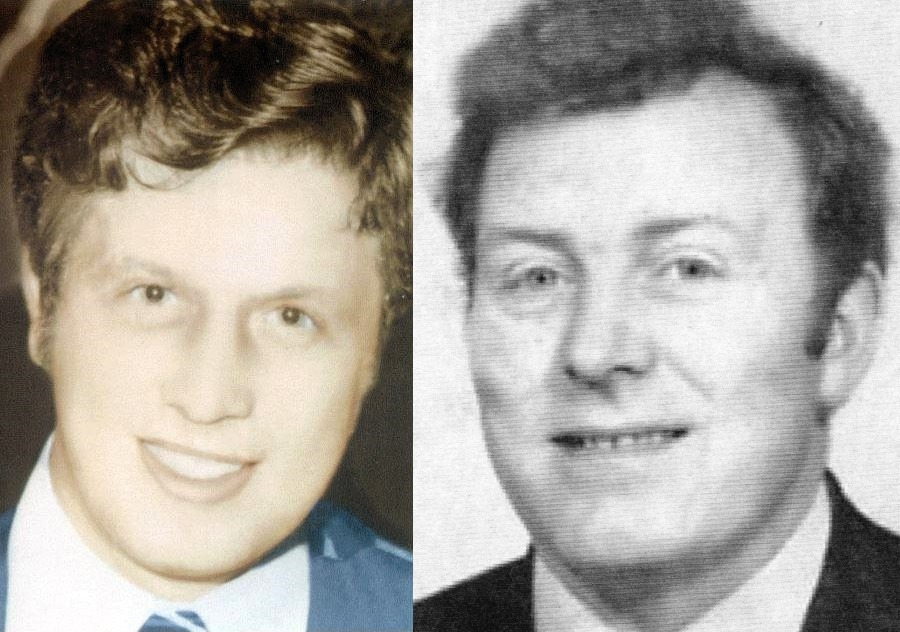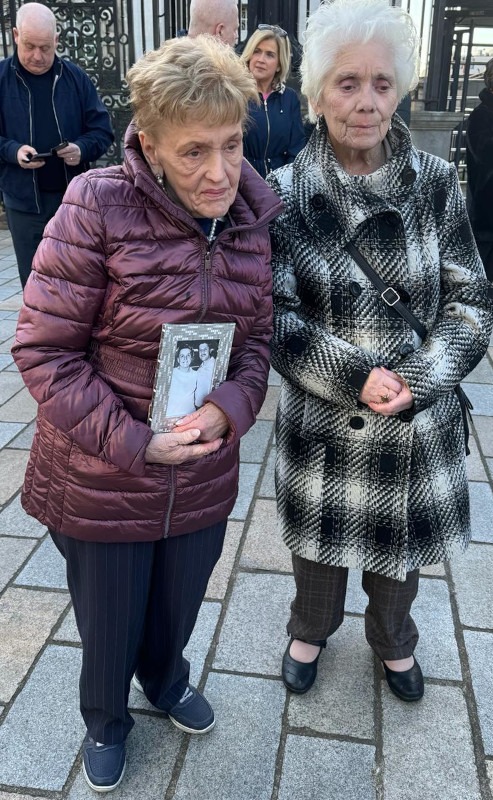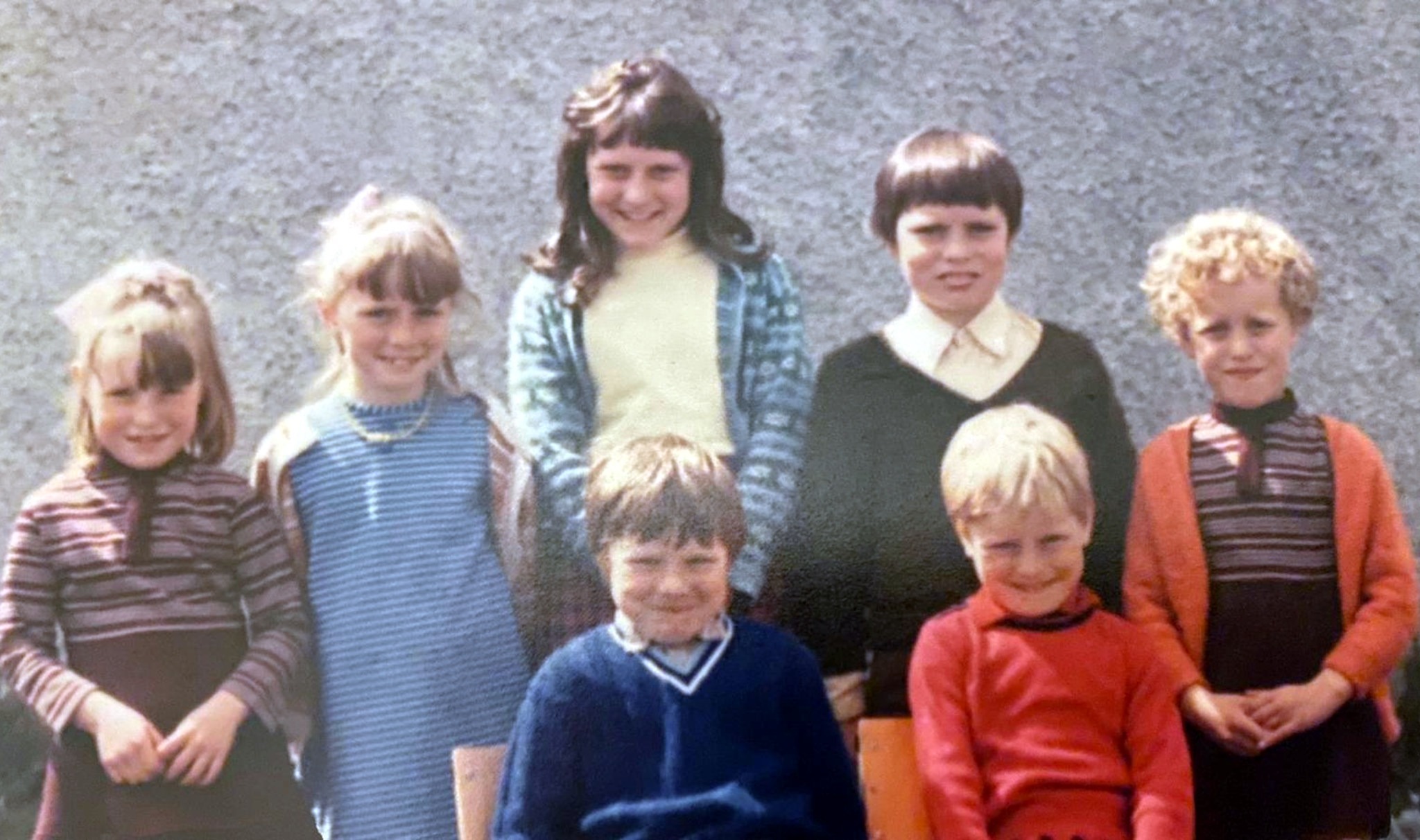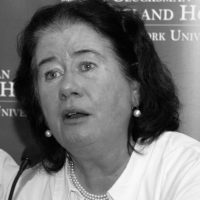The British government’s new legacy law means the vindication of two elderly women who left court in Belfast this week could be the last in a long and inglorious line.
Marie Newton and Mary Loughrey had argued for almost half a century that the state colluded in the 1976 murder of their husbands, John Toland and Jim Loughrey.
They settled their cases for six-figure sums (while the military and police admitted no liability).
The Legacy Act closes down legal redress for all victims of the Troubles in Northern Ireland, including those seeking justice after finding evidence of wrong-doing by soldiers and police.
The two widows won their civil cases just before the Act’s 1 May guillotine falls on every inquest and judicial review, as well as Police Ombudsman and other independent inquiries.
It comes despite Tory MP Johnny Mercer – an influential force behind the new law – admitting he long held concerns about the conduct of UK Special Forces in Afghanistan.
Last week, Mercer told an independent inquiry into alleged SAS extrajudicial killings that he found explanations from senior officers “implausible”.
His opinion given to defence secretary Ben Wallace was that “something stinks”.
Inconsistent
Mercer’s nose, it would appear, is markedly more sensitive to the human rights of assassinated Afghans than executed Irishmen.
Take John-Pat Cunningham, a 27-year-old vulnerable adult who was fatally shot in the back as he ran from troops in a County Tyrone field in 1974.
Mercer led the campaign against charging Guardsman Dennis Hutchings (one of two who allegedly shot Cunningham) for attempted murder.
After Hutchings died during the trial, Mercer paid tribute at his funeral, describing the veteran as “the best example of the British non-commissioned officer”.
John Toland’s eldest son, Danny, pointed to Mercer’s “hypocrisy in raising concerns about the rights of Afghans while vociferously promoting the Legacy Bill – a piece of legislation that denies the right to justice of people living in Ireland.”
Johnny Loughrey, second youngest son of Jim Loughrey, said it was “an obvious contradiction where there is evidence of summary execution.”

The Pat Finucane Centre in Derry has supported both the Loughrey and Toland families for many years.
Caseworker Sara Duddy said it, “bordered on racism for Mercer to openly express concern about the inalienable right to life of Afghan people while encouraging legislation that would deprive Irish people of any right to justice through the courts.”
The outcome of the campaign waged by Mercer and the Tory government means all legal channels to justice in Northern Ireland for Troubles-era incidents will be permanently shut down, however strong the evidence.
One of hundreds of families likely to be barred from justice because of the Mercer-supported legacy law is Sean Brown’s.
The father-of-six was abducted in 1997, bundled into the boot of his own car and shot dead by loyalists.
This week his family was informed that of the 25 suspects identified, several are state agents, causing former Police Ombudsman Nuala O’Loan to be “shocked” at the “incredible” revelations which were kept from her earlier investigation.
She has backed a public inquiry into the murder, although that is also ruled out by the Legacy Act.
Bereaved families hope the new law will be shelved after the High Court in Belfast ruled on Wednesday that its immunity from prosecution provisions breach the European Convention on Human Rights.

‘Hypocrisy’
The gang that killed Loughrey and Toland included a former policeman and members of the Ulster Defence Regiment (UDR) – then the British army’s largest unit.
An investigation by the police’s Historical Enquiries Team (HET) also found the gang killed Catholics Michael McHugh in County Tyrone and Kevin Mulhern in County Derry.
In its report into John Toland’s death, the HET concludes “it is likely that there was collusion between individual members of the security forces and those responsible for John’s murder.”
A serving member of the UDR, David Hamilton, pleaded guilty to the charge of the unlawful possession of the revolver used in the murder of John Toland and was sentenced to 5 years imprisonment.
The same weapon was used to murder Jim Loughrey.
The trial judge stated that Hamilton was “not on the fringes” and had used his membership of the UDR as a cover for transporting guns.
The HET also found evidence that Toland’s murder was planned and ordered by a ‘commander’ of the Loyalist Ulster Defence Association (UDA) who wanted to take over the bar in which he worked.
The UDA man – believed to be an ex-marine – ordered both Toland and Loughrey’s murders. He was not questioned by police at the time of the killings.
The suspect left Northern Ireland some years ago, but the HET has confirmed that he travelled back and forth to the County Derry area and “extensively throughout the world” where he “lived in a number of countries”.
He was believed to be running a B&B in Scotland as late as 2006, yet the police have never questioned him.
Ironically, the gang’s victim, Jim Loughrey, was an army veteran who had served in the Enniskilling Fusiliers. Only some veterans seem to matter to Johnny Mercer.


